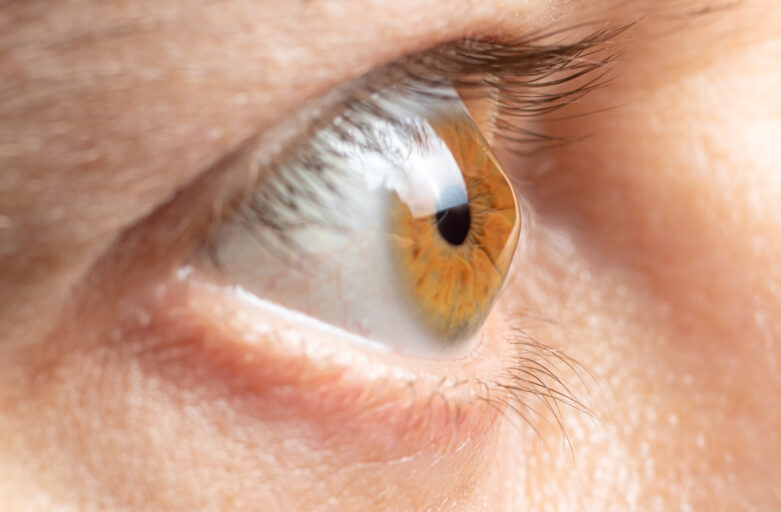Keratoconus affects about 1 in every 400 Americans. Although researchers continue to study keratoconus, they still have not pinpointed a definitive cause for the eye condition. However, researchers have identified multiple risk factors that may indicate that you are more like to develop keratoconus. Renowned ophthalmologist Dr. Brian Boxer Wachler shares some of those risk factors here:
Genetics
Scientists have identified a significant genetic link with keratoconus. About 10% of patients with keratoconus also have at least one parent with the condition. While it is far from a guarantee that someone with keratoconus will have children with keratoconus, it is enough of a risk factor that it is useful to know your family’s eye health history.
Eye Rubbing
People who frequently rub their eyes are at a heightened risk for developing keratoconus. The theory is that repeated rubbing weakens the eye’s collagen fibers, which can leave the eye more susceptible to keratoconus. This is one factor where you can proactively take steps to lower your risk for developing this condition.
Dr. Brian strongly recommends avoiding rubbing your eyes for a variety of reasons that go beyond keratoconus. Touching your eye can expose it to bacteria, which can cause infection. You could also accidentally scratch your cornea or burst a blood vessel.
Being a Teenager
Almost all cases of keratoconus begin in a patient’s teenage years. From there, the condition worsens, usually until around the age of 35. Eye doctors know to look out for keratoconus in pubescent patients.
If you have made it through your mid-20s without showing signs of keratoconus, your odds of developing it later are extremely low. Patients who do get keratoconus after age 25 usually have a mild case that does not get progressively worse.
Other Diseases and Conditions
Keratoconus is more likely to strike people with other health conditions, such as:
- Asthma
- Retinitis pigmentosa
- Marfan syndrome
- Down syndrome
- Ehlers-Danlos syndrome
- Sleep apnea
If you fall into any of these categories, stay alert for signs of keratoconus.
Dr. Brian Can Treat Your Keratoconus
Although the exact cause of keratoconus remains unknown, the good news is that experts have identified effective ways to treat the problem early, before it can do serious damage to the cornea. With multiple FDA-approved treatments available at Boxer Wachler Vision Institute, Dr. Brian will identify the solution that helps you to maintain your vision and impede your eye from bulging. To schedule an appointment, please email info@boxerwachler.com or call 310-860-1900.



